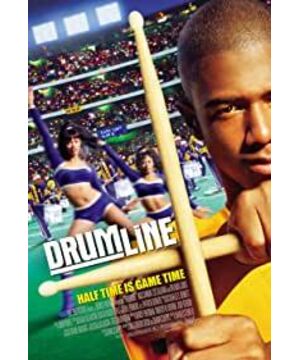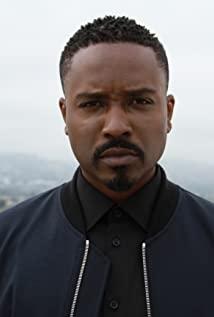Although these are true, there is an easily overlooked factor in the development of the story, that is Devon’s success. From his compromise.
Devon is a maverick, this is part of his character. Like a double-edged sword, this not only brought him creativity, but also determined his existence as a discordant factor of the team in the early part of the film. The conflict between the individual and the collective is hidden under the tumultuous drums. If you look carefully, you will find that the film uses a lot of fragments to imply that Sean was the same as Devon, and Devon himself eventually became another Sean, that he used to Annoying people. The protagonist’s disgust can lead to the emotions of the audience, and to some extent influence the value choices of the main audience of the youth film.
Individuals are not 100% collectivists, and are afraid of all kinds of slogans. But it must be admitted that an organization with a strong culture and established working methods will not necessarily lead its members to the nightmare described by Orwell. In many cases, the culture of an organization only follows long-term practices that have proven to be most suitable for the organization's current operations or the work preferences of similar groups of people who have gathered for a long time.
Today, when campus life has been gone for a long time, watching this movie, the first thing I think of are those who have seen these years and are ready to do a big job soon, but they have all kinds of complaints, accusations, and lamenting people who are not met (and The unknown self in the near future). Yes, there is such a "dreary" reality in this inspirational film. If we can't decide the culture of an organization, if we can't choose to leave, there is only one way to go as a teenager, that is: Follow in order to lead.
View more about Drumline reviews











